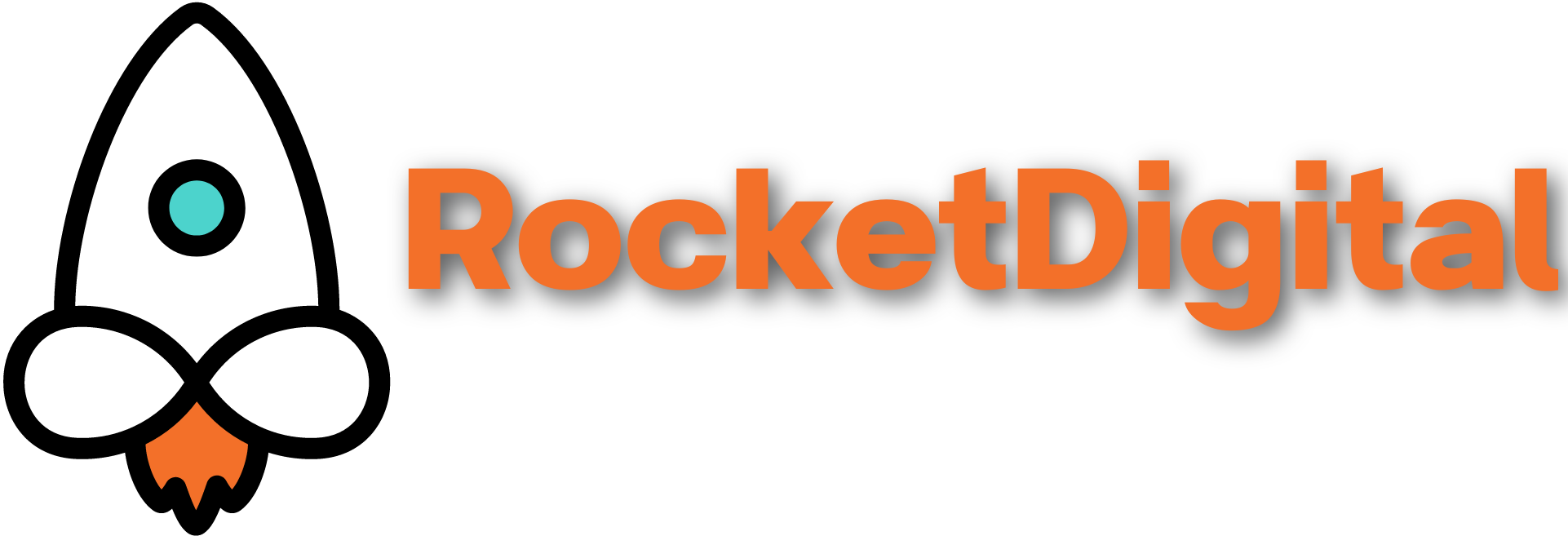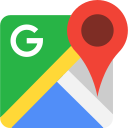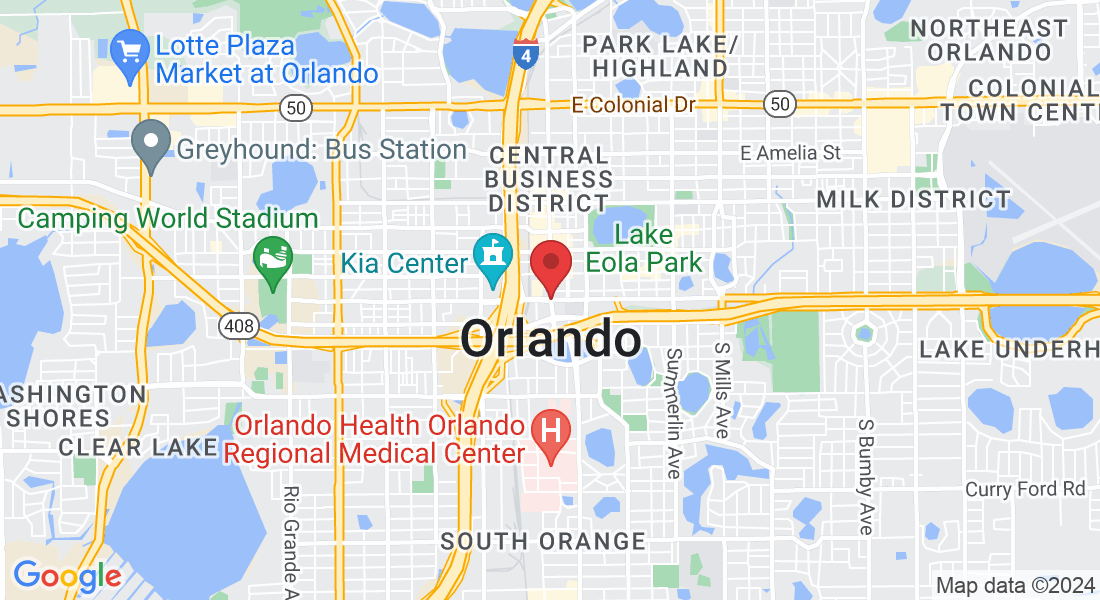Rocket digital marketing Blog

Do Small Businesses Need Social Media Ads or Google Ads?
For small businesses, every marketing dollar must be invested wisely. We’ve seen it time and again, a local service provider pours money into Meta ads, only to generate a handful of likes and no real leads. Meanwhile, a well-structured Google Ads campaign targeting “emergency plumber near me” can fill their schedule with paying customers in days. Both platforms are powerful, but they serve very different purposes.
Social media ads allow you to target your audience with precision, offering cost-effective, engaging formats that resonate on platforms like Facebook and Instagram. They're ideal for building brand awareness on a budget. On the flip side, Google Ads target potential customers based on their searches, boasting a pay-per-click system that can efficiently capture users with high intent to purchase, making it ideal for conversions. While Google Ads might demand a higher initial investment due to competitive bidding, starting with social media ads can be a savvy strategic move.
At Rocket Digital Marketing, we specialize in helping Home service businesses eliminate wasted spend and double down on what actually works. In this blog, we’ll share expert insights on social media ads vs Google Ads, so you can confidently choose the strategy that delivers the highest ROI.
Key Takeaways
Social media ads offer cost-effective brand awareness for small businesses.
Google Ads target high-intent users, ideal for immediate conversions.
Starting with social media ads can be strategic for budget-conscious businesses.
Both platforms provide valuable insights, but Google Ads excel in tracking conversions.
The choice depends on the business goal: brand awareness or immediate sales.
Custom HTML/CSS/JAVASCRIPT
Understanding Social Media Ads
Social media ads allow you to target your audience with precision, leveraging demographics, interests, and behaviors to connect directly with potential customers. These platforms offer a variety of engaging ad formats, such as carousels, stories, and in-feed videos, which are designed to catch the eye of your target audience and hold their attention. With the help of social media agencies, you can craft meta campaigns that resonate with your audience, making your message more impactful.
By utilizing social media ads, you're not just broadcasting your message into the void; you're engaging with your audience where they spend a significant amount of their time. Whether it's Facebook, Instagram, or another platform, these networks provide robust advertising options that can be tailored to meet your specific business goals. From raising brand awareness to driving website traffic, social media ads offer a cost-effective solution for small businesses looking to make a big impact.
Moreover, partnering with Rocket Digital Marketing can be invaluable. Our team has the expertise to navigate the complexities of social media advertising, ensuring your campaigns are optimized to reach, engage, and convert your ideal audience effectively.

The Basics of Google Ads
While exploring the landscape of social media ads provides a solid foundation, it's equally important to understand how Google Ads can elevate your online advertising strategy. As a robust online advertising platform developed by Google, this pay-per-click (PPC) system lets you target potential customers based on specific keywords, audiences, and locations. This precision ensures that your ads reach those actively searching for what you offer, maximizing the chances of conversion.
You're only charged when someone clicks on your ad, making Google Ads a cost-effective option for managing your budget efficiently. It offers a variety of ad formats, including text, display, video, shopping, and remarketing ads, allowing you to tailor your campaign to match your business goals and audience preferences.
Moreover, Google Ads provides detailed insights into your campaign performance. This integration with Google Analytics enables real-time optimization based on actual data, allowing you to adjust your strategy to improve results continually. Understanding these basics is vital for leveraging Google Ads to its full potential, ensuring your small business thrives in the competitive online marketplace.
Want to squeeze more results from every ad dollar? Don’t miss our guide on the Best PPC Optimization Tips for Small Businesses.
Cost Comparison
When comparing the costs of advertising, you'll find that Google Ads may demand a higher budget due to competitive keyword bidding, whereas social media ads offer a more budget-friendly entry point for small businesses. This distinction is crucial for you as a small business owner weighing where to allocate your marketing dollars. Social media ads aren't only more affordable but also provide cost-effective options for increasing brand awareness and engaging with your audience. These platforms allow you to create visually appealing ads tailored to specific interests, which can be a game-changer for businesses looking to establish a strong online presence without breaking the bank.
On the other hand, Google Ads are undeniably conversion-focused, designed to capture high-intent users who are actively searching for products or services like yours. This can lead to immediate results, albeit at a potentially higher cost due to the competitive nature of keyword bidding. As a small business, starting with social media ads can be a strategic move to ensure your advertising efforts are both effective and economical. Then, as your budget allows, venturing into Google Ads can amplify your reach to users ready to convert, making it a balanced approach to digital advertising.
Target Audience and Reach
Understanding the target audience and reach of your advertising efforts is crucial in choosing between social media ads and Google ads for your small business. Social media ads excel at targeting specific audiences based on interests and demographics, making them perfect for engaging passive users who mightn't yet realize they need your product or service. They're designed to capture attention with visually appealing content, from photos to videos, and they're particularly effective for businesses aiming to build brand awareness on a tighter budget.
On the other hand, Google ads are all about connecting with active users who are already in search mode, looking for solutions that you offer. These ads target users based on search intent, which can significantly boost your conversion rates because you're reaching people at the moment they're ready to buy or learn more. This direct approach to targeting ensures that your ads are seen by potential customers who've a high intent to purchase, making Google ads a powerful tool for driving sales.
Running ads is just the first step—what you do after matters even more. Want to know how retargeting can turn missed clicks into paying customers? Read our guide on Why Segment Your Audience for Retargeting Ads.

Measuring Success and ROI
After exploring how to choose the right advertising platform based on target audience and reach, it's now important to focus on how to measure the success and ROI of your chosen campaigns. Knowing the return on investment (ROI) is crucial for understanding whether your ad spend is turning into profit. For Google Ads, tracking conversions is key. You'll see not just how many clicks your ads get, but also how many of those clicks lead to actual sales or desired actions on your website. This data directly informs your ROI and helps pinpoint which keywords are your golden tickets.
Social media ads, on the other hand, offer a different set of metrics to gauge success. Engagement metrics like comments, shares, and likes provide insight into how your audience interacts with your content. While these may not directly translate to sales, they're indicators of brand awareness and interest.
Both platforms allow for calculating return on ad spend (ROAS), which gives you a clear picture of profitability. Additionally, considering customer lifetime value (CLV) can guide your investment decisions. By understanding the long-term value a customer brings, you're better equipped to allocate your ad budget effectively between Google Ads and social media ads.
Key Differences Between Social Media Ads and Google Ads
User Intent: Passive vs. Active
Social: Users are scrolling, not searching—you have to grab their attention.
Google: Users are actively looking for what you sell, making conversions easier.
Audience Targeting: Demographics vs. Keywords
Social: Target by age, interests, behaviors, and demographics.
Google: Target based on what people are actively searching for.
Ad Formats: Creative vs. Direct
Social: Stories, carousels, reels, and video ads—great for awareness.
Google: Search, display, shopping, and YouTube ads—great for intent-driven clicks.
Cost Structure: Budget-Friendly vs. Competitive Bidding
Social: Lower CPCs but weaker conversion intent.
Google: Higher CPCs but better-qualified leads.
Custom HTML/CSS/JAVASCRIPT
Frequently Asked Questions
Which Is Better for Your Business Social Media Ads or Google Ads?
Deciding whether social media ads or Google ads are better for you hinges on your goals. Want brand awareness? Lean towards social media. For immediate conversions, Google's your best bet. It's all about your strategy's focus.
What Is the 5 3 2 Rule for Social Media?
The 5-3-2 rule for social media helps you manage content effectively. It means sharing five curated posts, three original pieces, and two personal updates to keep your feed engaging and balanced for your audience.
Should I Promote My Business on Instagram or Choose Google Ads?
You should consider your business goals and target audience. If you're aiming for visual engagement and a younger demographic, Instagram's your go-to. For reaching users actively searching for solutions, Google Ads might serve you better.
Is Social Media Worth It for Small Businesses?
Yes, social media's worth it for your small business. It lets you engage directly with your audience and target specific groups affordably. Plus, you'll benefit from higher engagement rates and potentially double your conversions.
Conclusion
So, do you need social media ads or Google ads? It boils down to your goals and audience.
Social media ads are key for brand awareness and engaging a specific demographic, while Google ads are unbeatable for catching active searchers ready to buy.
Don't stress over picking one; many businesses thrive using a mix of both. Measure your success and adjust as needed. Remember, the right choice is about connecting with your audience and maximizing your ROI. Keep experimenting and you'll find your sweet spot.
At Rocket Digital Marketing, we help home service providers and small businesses design ad strategies that actually deliver results. Whether you want more visibility through social ads or conversions through Google Ads, our team builds campaigns that turn clicks into customers.









